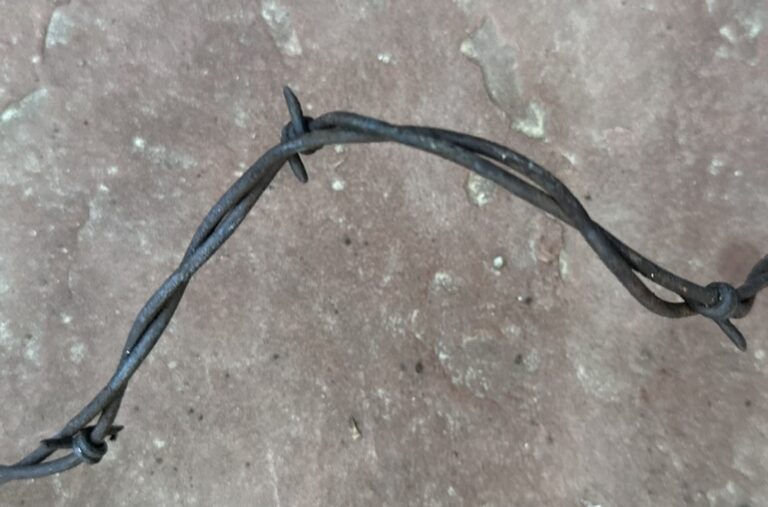make a circle and put a fire in itput a stake in the groundtie yourself to it take a stand—for yourselfand you’ll know what to dolead with love there is nothing love cannot handlecome from love in everything you doyou were made in love, by love, for love.love is the only way release your judgments and forgiveyourself first, and then the … [Read More...] about Make a Circle
Main Content
When you know there’s more to life
Awaken Your Life Purpose
with Fire
Tap into your authentic voice so that life and work become simple, creative and exciting
Be Bold
Using ancient and transfomative fire ceremony, Dr. Tom Garcia guides entreprenuers to tap into their authentic voice so that life and work become simple, creative and exciting
Enjoy the raw power
The fire is an ancient tool used for thousands of years to reconnect leaders to their deepest purpose and to who they really are.
Reclaim Your True Identity
What we generally call "reality" is illusory — and it can be painful. But once you see who you really are, it will energize you, your relationships, and everything you do. Imagine living your life with gusto, again.
You are invited to come to the fire to break through what is holding you back and uncover your life purpose.
Read More About Fire Ceremonies
What is Forgiveness
What is Forgiveness? forgiveness is a state of minda way of being in the world—to be forgivingespecially with ourselves forgiveness is a paradoxwe don’t forgive the unforgivableyet the only sane response is to forgive … [Read More...] about What is Forgiveness

Setting Boundaries
Setting Boundaries: On Being Unfuc*withable Many years ago I encountered a boundary issue with a friend. The experience was upsetting to both of us and while it did not permanently damage our friendship, it was big enough that it got my attention. Naturally, I blamed him for failing to recognize my boundaries and my response seemed … [Read More...] about Setting Boundaries
don’t take our word for it
"I felt like I woke up andcathy hay
remembered who I am"
FoundationsRevealed.com
Let Your Journey Begin
Come To The Fire
It’s Your Time
Awaken Your Life Purpose
Come to the fire and listen deeply to your authentic voice. Take your business to new heights you know you can achieve but have been struggling to attain.